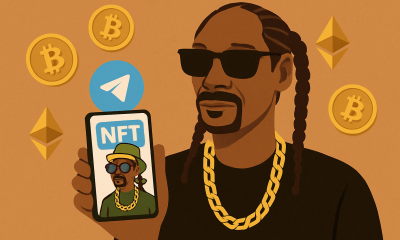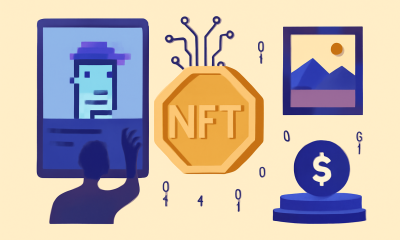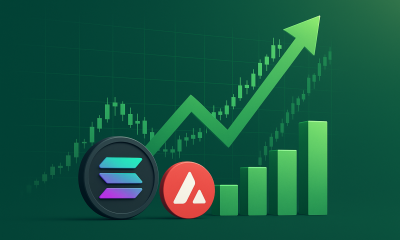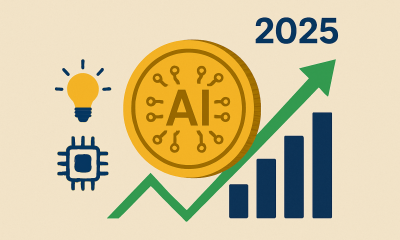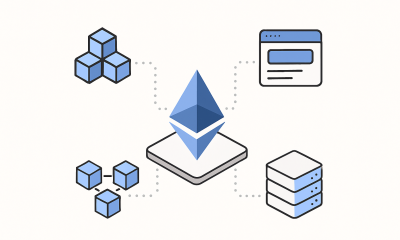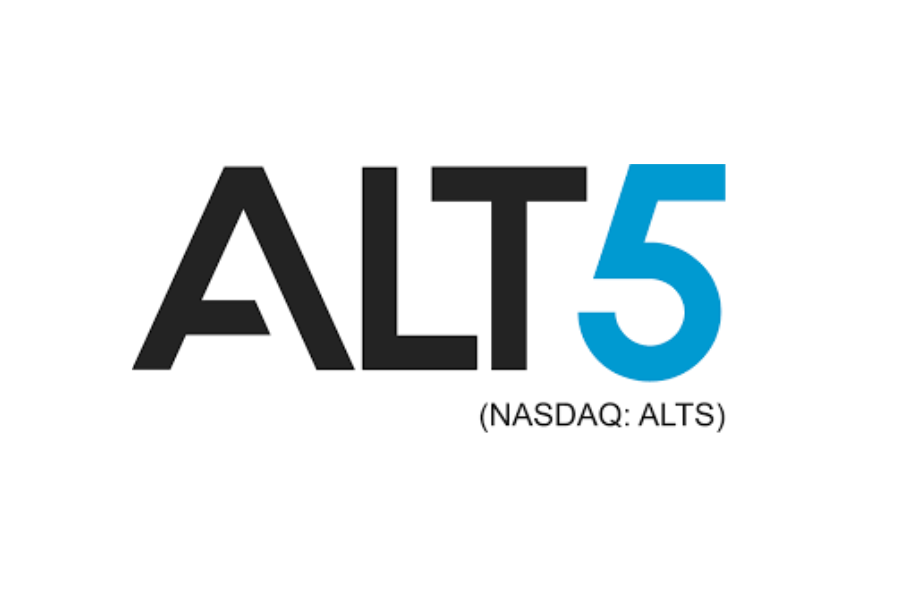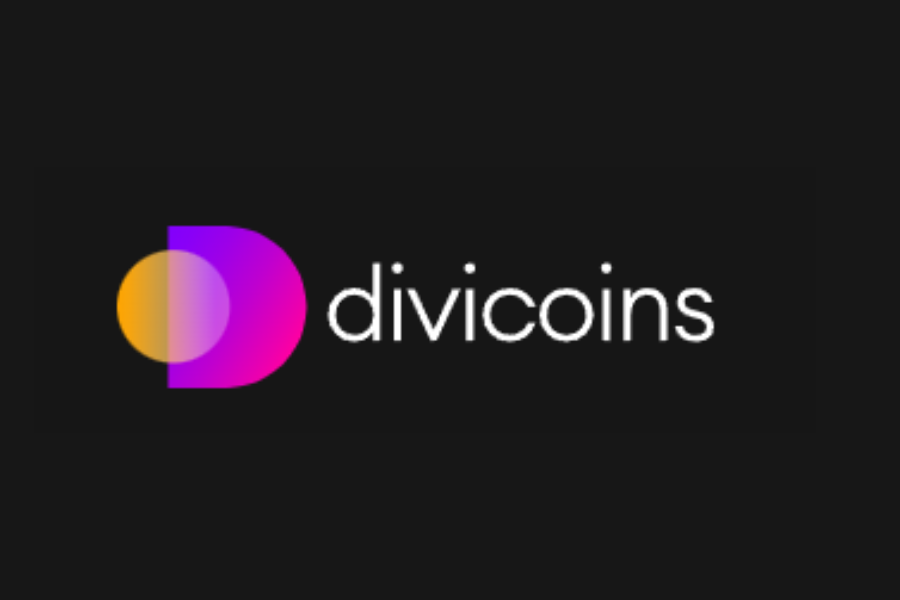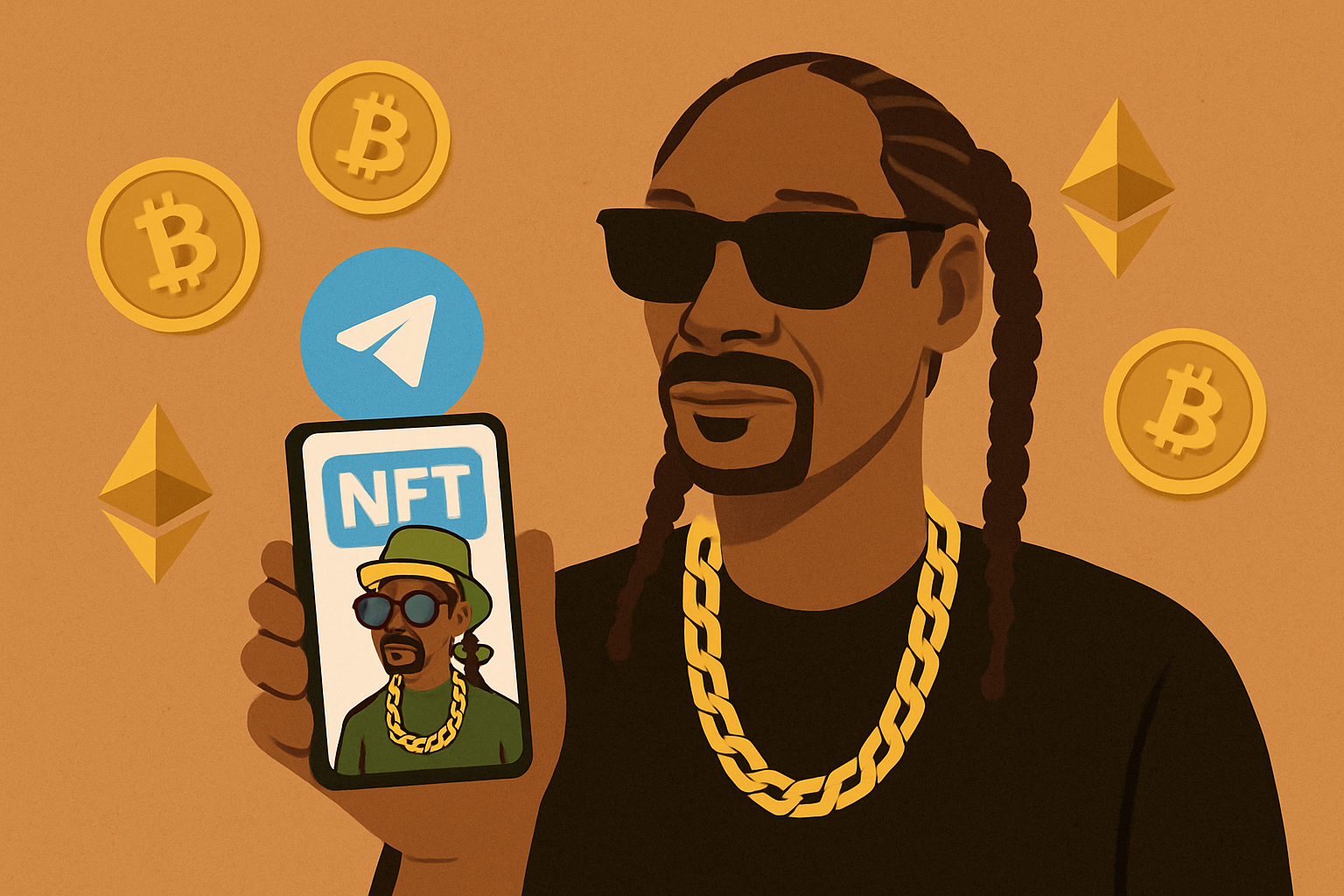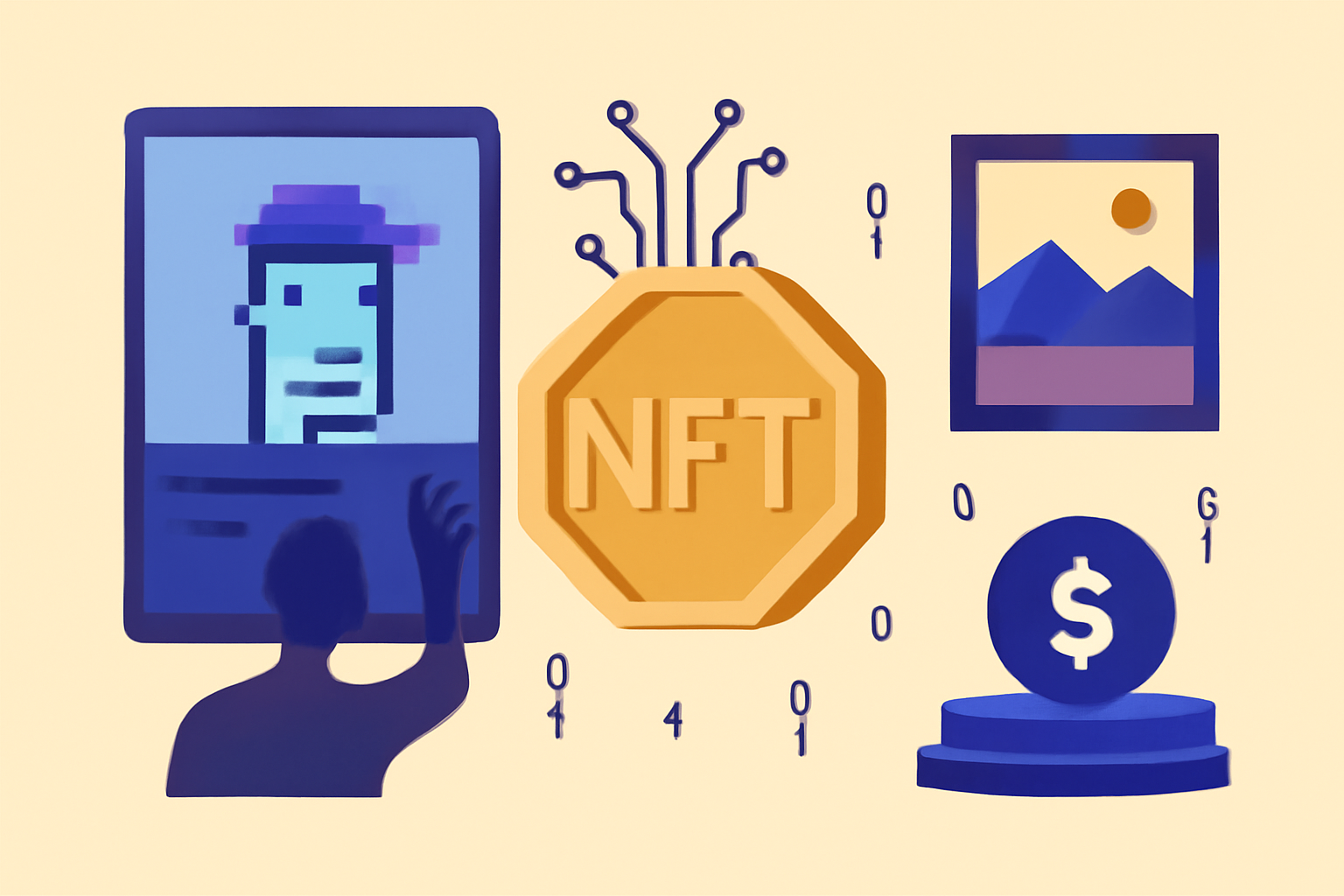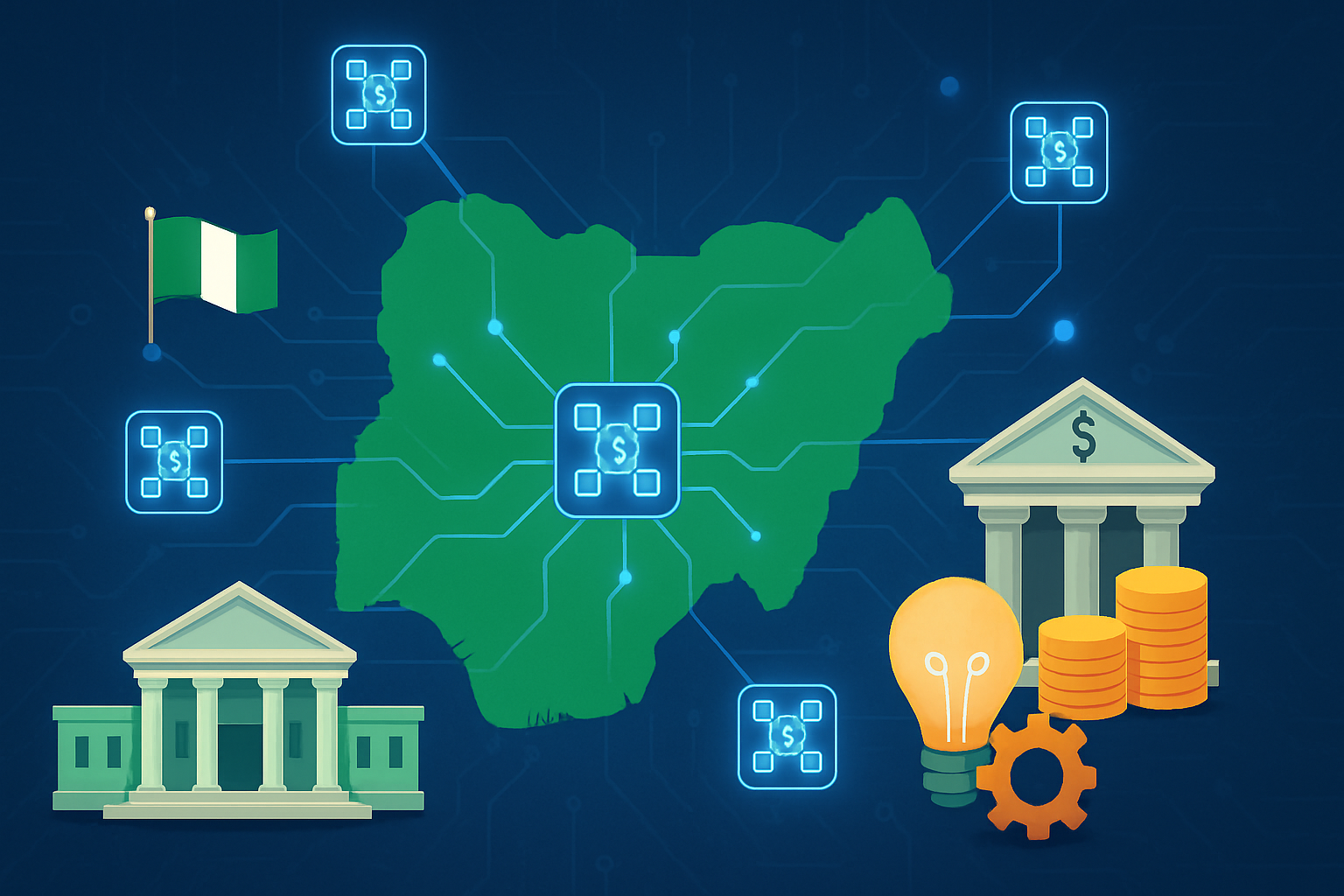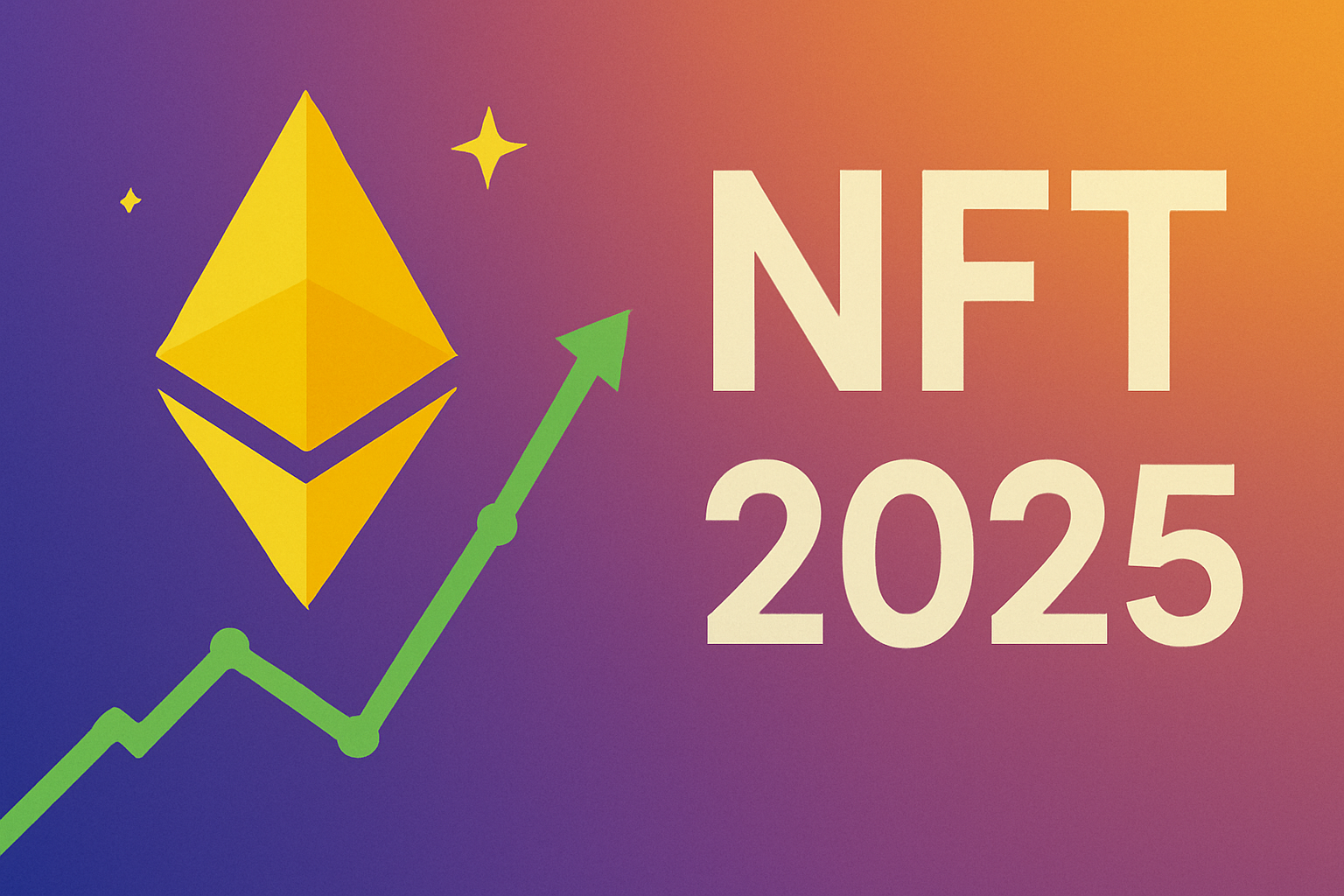NFT & Blockchain
Blockchain and Non-Fungible Tokens (NFTs)

Non-fungible tokens (NFTs) are a type of digital asset that is unique and cannot be replaced. NFTs are stored on a blockchain, which is a distributed ledger technology that allows for secure, transparent, and tamper-proof transactions.
NFTs have a wide range of potential applications, including:
- Art and collectibles: NFTs can be used to represent ownership of digital art, collectibles, and other unique items. This can help to reduce counterfeiting and make it easier to trade and sell digital assets.
- Gaming: NFTs can be used to represent in-game items, such as characters, weapons, and skins. This can give gamers more ownership and control over their digital assets.
- Real estate: NFTs can be used to represent ownership of real estate. This could make it easier to transfer and sell real estate assets.
Blockchain technology is essential to the existence of NFTs. Without blockchain, it would not be possible to create, store, and trade NFTs in a secure and transparent way.
Here are some specific examples of how blockchain and NFTs are being used today:
- Art: The digital artist Beeple sold an NFT of his artwork for $69.3 million in March 2021. This was the highest price ever paid for a digital artwork.
- Gaming: The play-to-earn game Axie Infinity allows players to earn cryptocurrency by breeding and battling digital creatures called Axies. Axies are represented by NFTs, and players can trade them on the open market.
- Real estate: The company Propy has used blockchain to create a platform for buying and selling real estate using NFTs. This platform makes it easier to transfer and sell real estate assets, and it also reduces the risk of fraud.
Blockchain and NFTs are still in their early stages of development, but they have the potential to revolutionize many industries. As the technology continues to mature and adoption grows, we can expect to see blockchain and NFTs used in even more innovative and transformative ways.
Challenges
Despite the many benefits of blockchain and NFTs, there are also some challenges that need to be addressed, including:
- Scalability: Blockchain networks can be slow and expensive to use. This is a challenge for NFTs, as they need to be stored on a blockchain.
- Regulation: The regulatory landscape for blockchain and NFTs is still evolving. This uncertainty can deter businesses and individuals from adopting these technologies.
- User adoption: Blockchain and NFTs are still relatively new technologies, and they have not yet been widely adopted. This means that there is a lack of infrastructure and expertise to support blockchain and NFT projects.
Conclusion
Blockchain and NFTs are promising technologies with the potential to revolutionize many industries. While there are some challenges that need to be addressed, the future of blockchain and NFTs looks bright.






